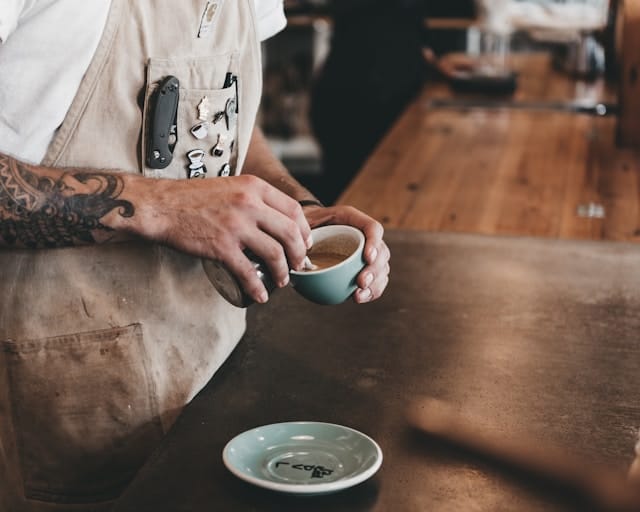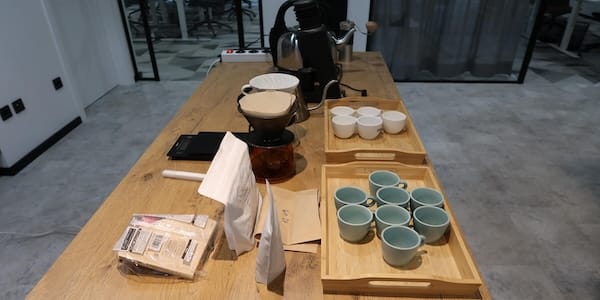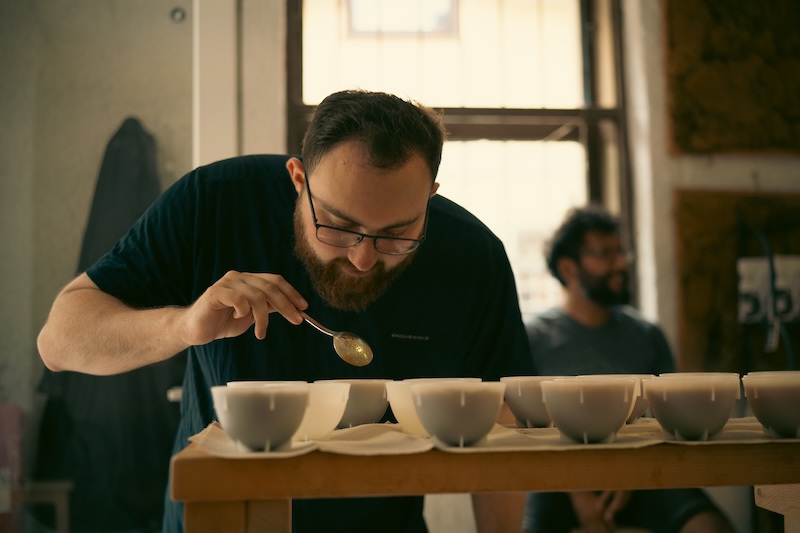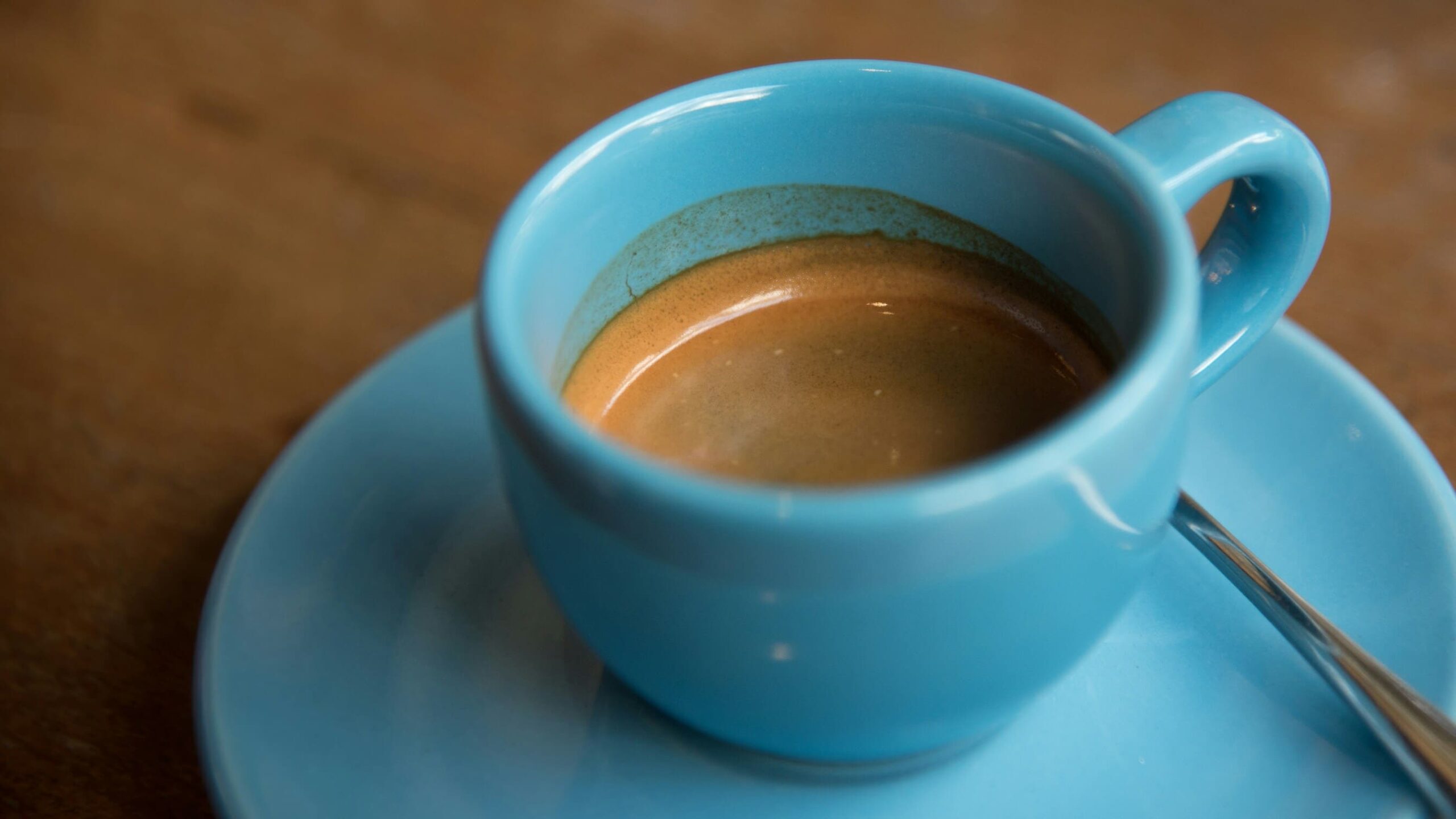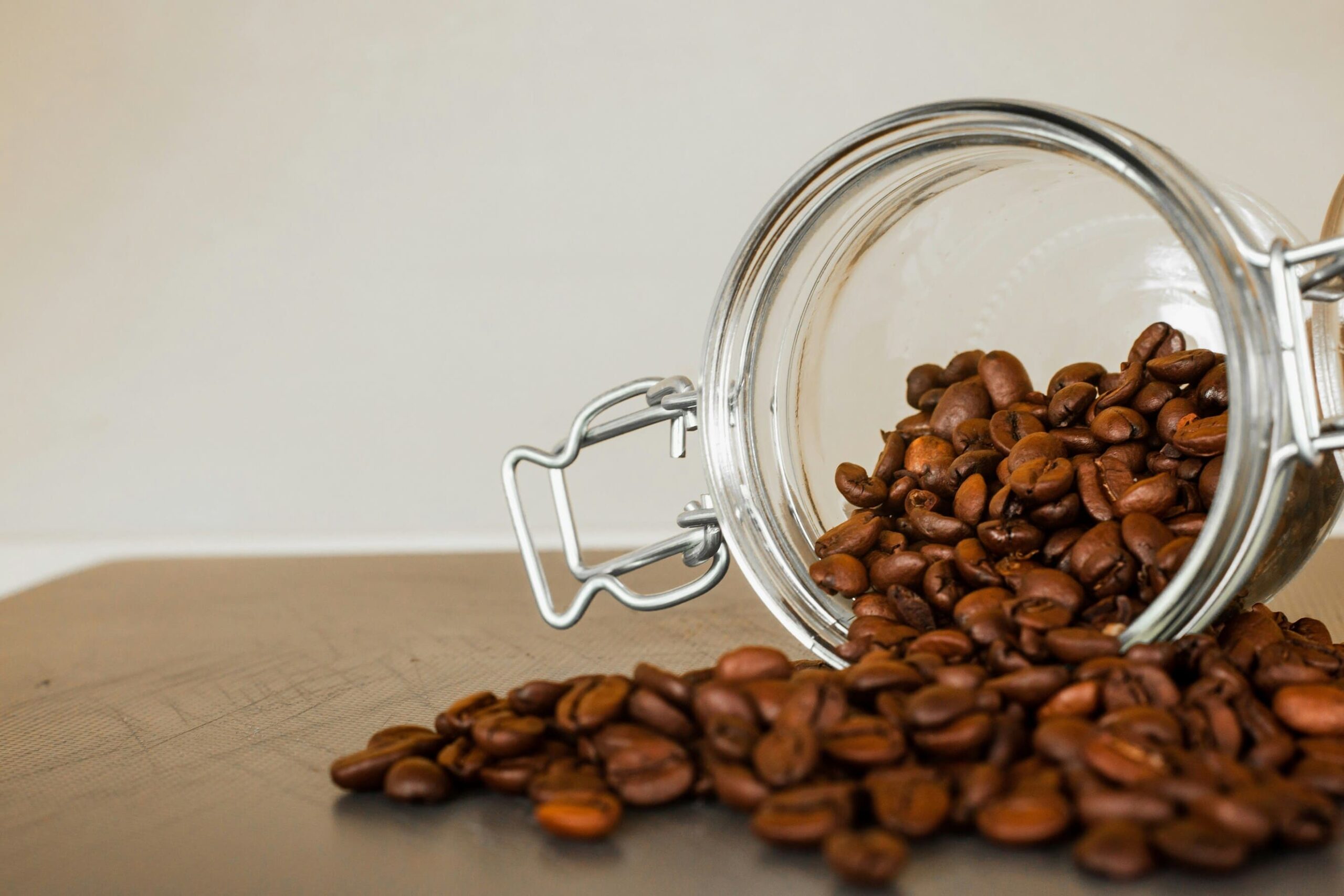ALL POSTS
ALL POSTS
Coffee From Colombia: Overview
7 min read
Last edit: Mar 5, 2025

Any coffee aficionado and barista, when asked where their favorite coffee comes from, will name a few origins, amongst which there will be Colombia.
While being second to Brazil in arabica production, Colombia has become a true powerhouse for Specialty coffee, and processing innovations, and now can be seen dominating the coffee championships.
Let’s dive deeper into Colombian coffee history and industry to understand what makes coffee from various Colombian regions special.
To help us out on the way we teamed up with Jessica Heredina, a roast-master at Cuchi Moreno micro-roastery and Barista Guild director.
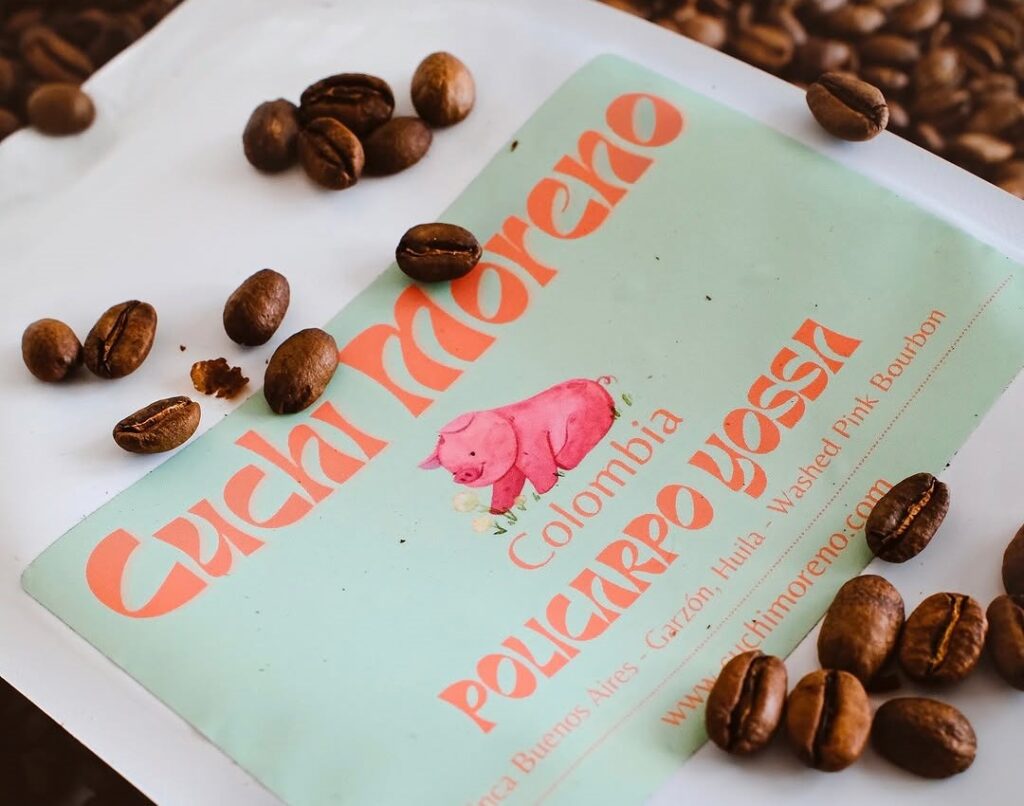
History
Coffee was introduced to Colombia in the 18th century, most likely by the Spanish colonizers, who brought the crop from the Caribbean region.
Spreading coffee as an agricultural product in Colombia was challenged at that time due to the mountainous terrain and underdeveloped infrastructure.
Unfortunately, there is no concrete data on when and where the first coffee farm in today’s Colombia was established, however, the first reference to Colombian coffee comes from the 1741 book “El Orinoco ilustrado, y defendido”.
100 years later, coffee is widespread in Colombia’s central and western regions.
The ideal climate in Colombia’s mountainous regions accompanied by fertile volcanic soils made it perfect for growing high-quality coffee, namely Arabica species.
Thanks to the ever-growing demand for coffee in France and the UK, coffee has become a highly valued commodity and Colombia has started supplying coffee beans to the European market in bulk while bolstering production.
The next boom in Colombia’s domestic coffee production happened in the 20th century, partly due to the establishment of the Federación Nacional de Cafeteros (National Federation of Coffee Growers) in 1927.
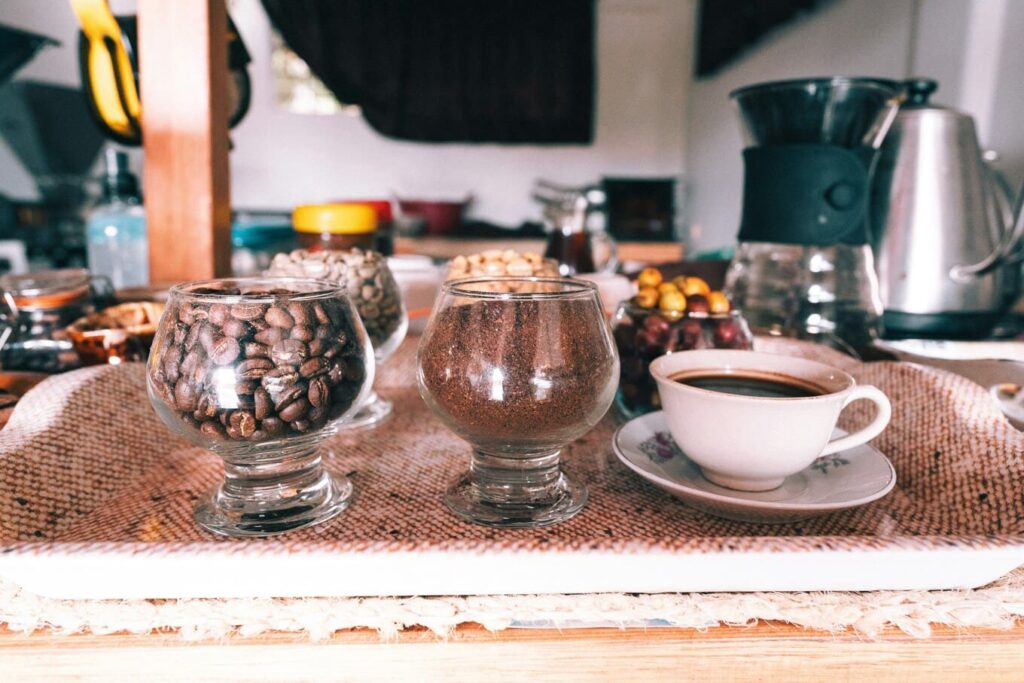
This organization helped manage farmers and implemented practices that improved the quality and quantity of Colombian coffee.
The federation played a vital role in advocating for the interests of Colombian coffee producers and establishing a national identity around the high-quality coffee Colombia is known for today.
By this time coffee has firmly established itself as one of the most important export commodities Colombia produces.
Some Numbers
Let us discuss coffee production in Colombia to better understand its input into the global coffee industry.
As stated by The Rio Times, Colombia produced and supplied around 11 million 60kg bags in 2023, with almost 14 million bags the following year as suggested by Colombia One.
However, the trend in yield growth is expected to drop in 2024 to 12 million bags by USDA.
Being the second biggest supplier of Arabica coffee in the world, Colombia’s coffee yields may dictate the global price and standards for quality.
Historically, Colombian coffees, especially those of washed process, are considered to be an example of what premium quality coffee looks and tastes like.
Terroir, Varieties and Processing
Coffee from Colombia traditionally is associated with clean, mildly acidic and somewhat nutty flavors. This is because most beans there are processed with a washed technique, which cleans the bean of the layers leaving it to dry.
This preserves all the organically formed flavors that formed there during the plant’s life cycle.
However, washing is not the only processing technique that can be found in use among Colombian producers.
In recent years Colombia has become a true powerhouse in experimental and innovative coffee processing techniques.
Although more costly, these avanguard methods yield brighter, more fruity and overall sweeter cups, although at a cost of hiding the flavors of terroir and variety.
Terroir in Colombia is extremely diverse, which allows for the cultivation of a long list of cultivars and varieties. Ethiopian landraces are grown in Colombia of especially high quality, resulting in Colombia Geisha, brought to Colombia’s shores from Panama, being one of the most prized and sought-after varieties the country produces.
New varieties and hybrids are also found cultivated in Colombian highlands and mountains, driving coffee agricultural science and production forward.
Thanks to biodiversity, richness of soil, favorable climate and advanced processing practices, coffee from Colombia offers a long list of flavors that can be found in well-roasted beans and correctly brewed cups.
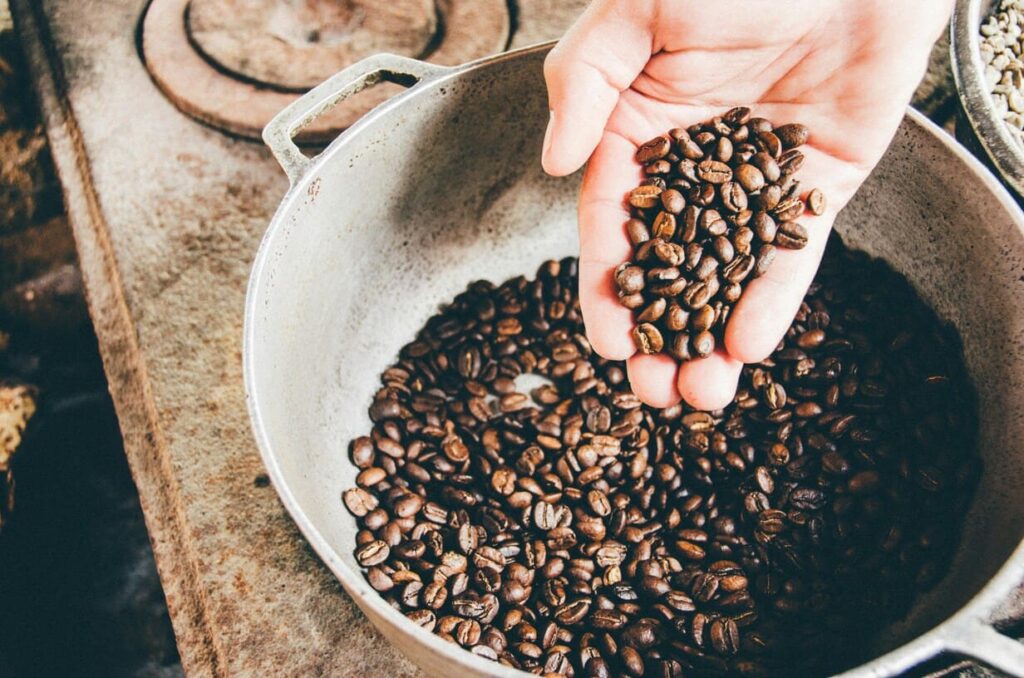
Most commonly though, flavors of cherry and almond can be found in a cup of average Colombian coffee. But you might as well feel notes of tropical fruits, dry red wine body, strawberry and sometimes even cognac.
Can we determine any distinct difference in flavor from different regions of Colombia, such as Tolima, Quindio, Huila, and others? Not really, since the flavor diversity inside each said region is also huge.
Still, the Quindio and Hula regions are considered to be the biggest producers of high-grade Specialty coffee with Tolima and Cauca also known for producing high-quality coffee.
How to Choose the Best Colombian Coffee?
The choice of coffee always depends on what you want coffee to taste like, and what your budget is.
To start the journey through the Colombian flavor palate, we recommend finding a local roastery near you and asking for a washed Colombian coffee, preferably medium roast from Huila or Cauca. Regardless of your preferred way of having coffee, whether filter, Turkish or good old espresso, there is always a Colombian wash suited for your needs. Such coffee will most probably be medium-bodied, resembling a young red wine and with a mild cherry and nutty flavor with a caramel-like aftertaste.
Continue discovering Colombian coffees go for something more delicate like coffee of the Geisha variety. Most likely it will also present itself with a medium body and cherry flavor, but this time you may find fruity and floral notes as well.
Finally, to experience the avangard of the coffee industry try finding an experimentally processed Colombian coffee, for example, something produced by Finca Las Flores.
Insights with Jessica Heredina from Cuchi Moreno
As a roaster, what is your favorite and least favorite coffee from Colombia to work with and why?
As a roaster, my favorite Colombian coffee to work with is the washed processes from regions like Huila. They often present a clear profile with vibrant acidity and fruity notes, making them delightful to roast and brew.
Conversely, my least favorite might be some of the more experimental or heavily fermented coffees. While they can be intriguing, sometimes they lack the clarity and balance that I appreciate in a cup.
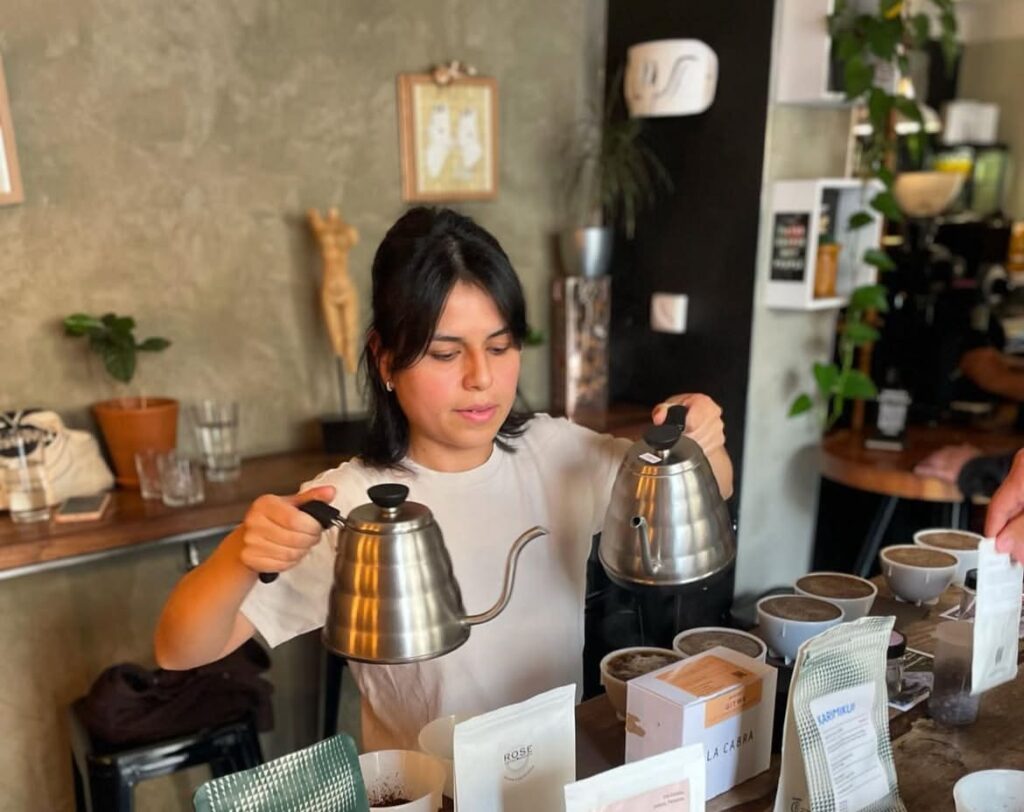
What do you take on modern and avant-garde fermentation practices?
I find modern fermentation practices fascinating, as they push the boundaries of flavor profiles and expand our understanding of coffee.
However, while innovation is essential, I believe there should be a balance. It’s crucial that these methods do not overshadow the inherent qualities of the coffee itself.
Do you think co-fermented coffees are sustainable for farmers in the long term?
Co-fermented coffees have potential in certain market segments, especially among consumers looking for unique flavor experiences.
However, there is not yet a clear consensus on whether this practice is beneficial within the specialty coffee industry as a whole.
Sustainability for farmers will depend on market demand and their ability to maintain consistent quality. If innovative practices lead to higher prices without compromising traditional methods, they can be advantageous in the long run.
What Colombian coffee do you recommend to those who want to start their specialty coffee obsession?
For those starting their specialty coffee journey, I recommend trying clean washed coffees from regions like Nariño, and Huila.
Many people new to specialty coffee may not have experienced single-origin coffees or micro-lots, which can offer a unique insight into the diversity of flavors available. Colombia’s rich biodiversity and the wide variety of coffee cultivars mean that there are over 25 coffee regions to explore.
These clean coffees provide a pleasant introduction to the distinct flavors Colombia has to offer without overwhelming the palate.
However, I find natural processed Ethiopian fun as first sips of specialty coffees. Love the contrast of those two origins.
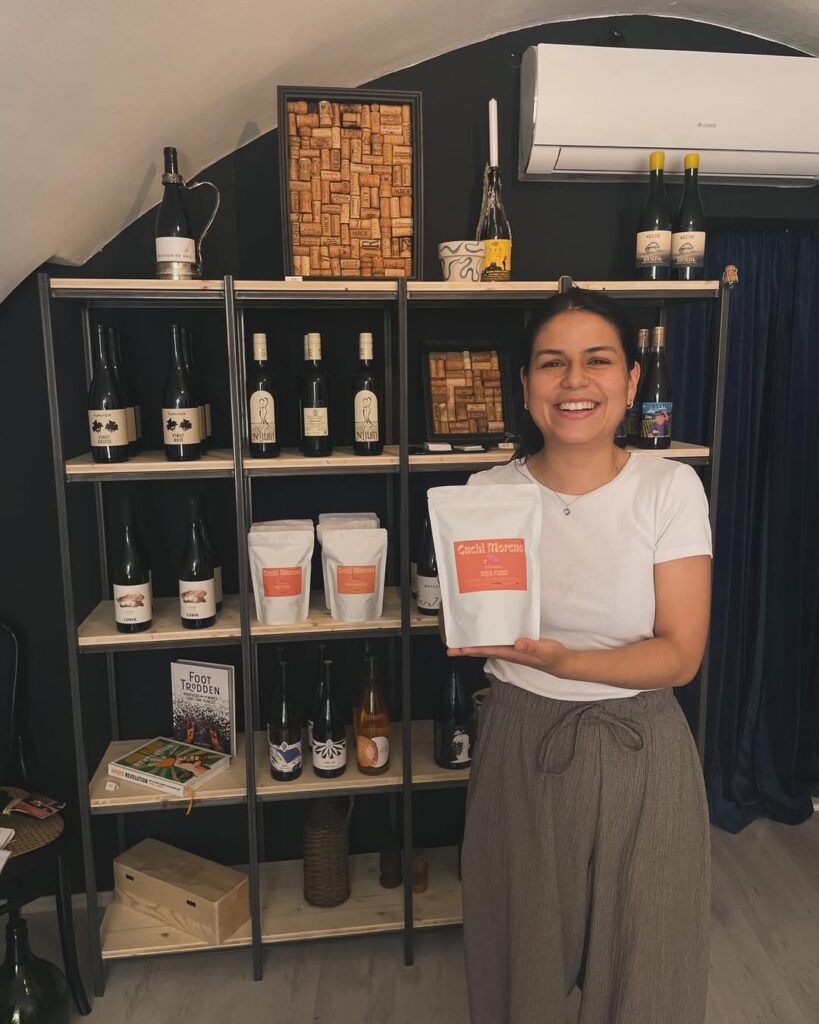
What are the challenges in working with Colombian coffee?
Working with Colombian coffee presents challenges such as variability in quality due to climate conditions and the need for consistent processing techniques.
Additionally, the logistics of sourcing can be complex due to the geographic diversity of coffee-growing regions.
Thank you Jessika for your time and expertise!
Conclusion
Colombia is a place of coffee wonders, where both every day and championship-grade coffees are produced.
It is a perfect coffee origin for those who seek mild yet acidic and fruity flavor profiles for one day and fermented, alcoholic and tropical fruit-like notes for the other.
Although usually marketed at higher prices, coffees from Colombia rarely fail to deliver.
So next time when choosing a new coffee to try, think of exploring Colombia’s coffee treasures.
Wondering how to best prepare a bag of expensive Colombia Geisha? Come to one of our courses to learn the nuances of coffee brewing.
Would you like to learn more about other coffee roasters in Slovenia? Here are the guides.



